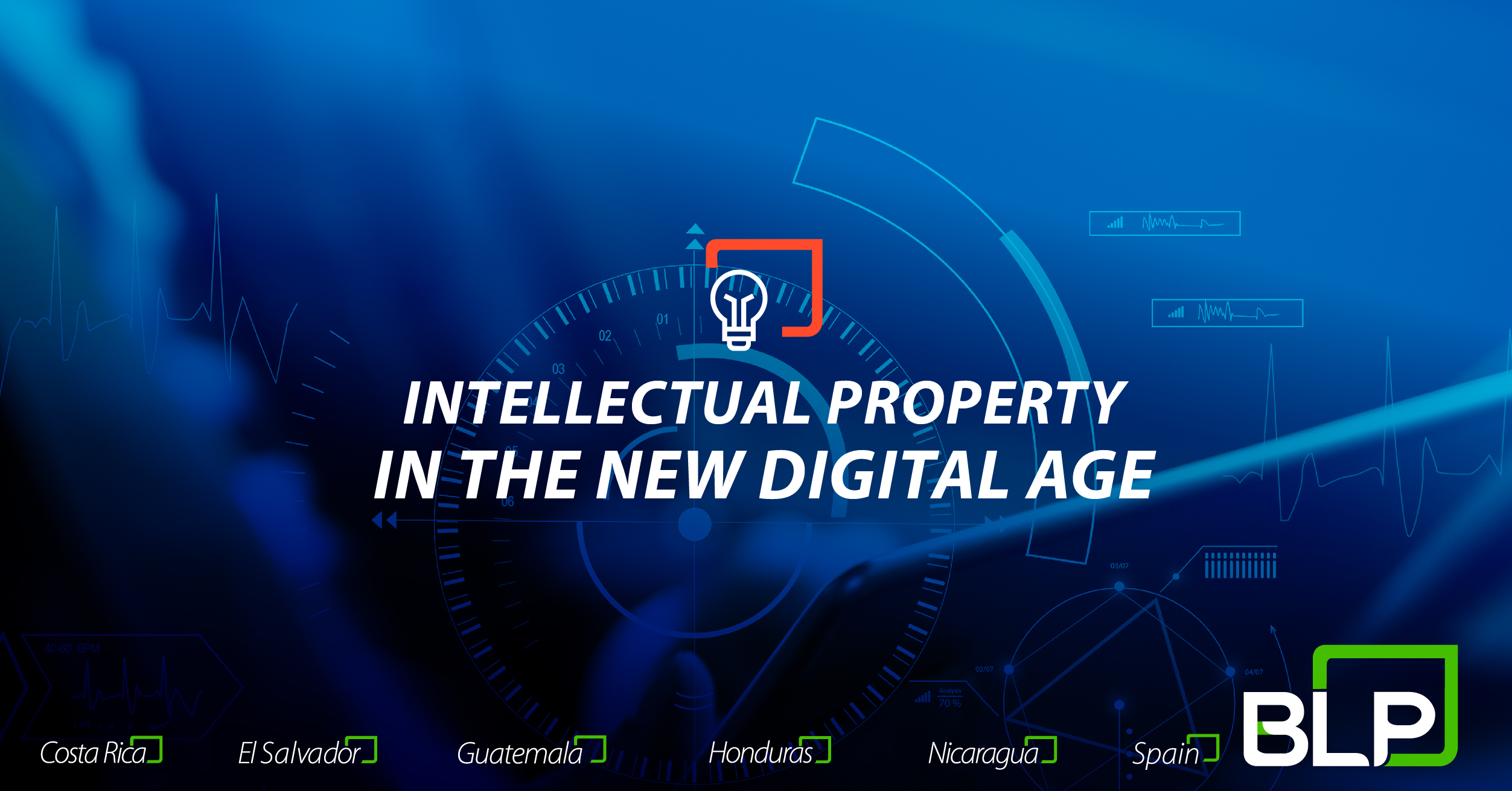The intersection of Bahá’í teachings and contemporary issues surrounding private property versus public good emerges as a salient discourse within the context of information dissemination in the digital age. In an era characterized by the unprecedented availability of information and the pervasive impact of technology on society, it becomes imperative to delineate the implications of ownership, access, and ethical stewardship as envisioned within Bahá’í principles.
At the center of Bahá’í thought lies the belief in the oneness of humanity and the moral imperative to work towards the collective welfare of society. This foundational perspective elevates the discourse about private property and public goods, suggesting that ownership is not merely a matter of legal entitlement but is inextricably linked to social responsibility. In navigating the complexities of digital information, this framework encourages both individual agency and a commitment to the greater good, thereby establishing a foundation for rich discussion.
The current digital landscape encapsulates various forms of content that exemplify these tensions. First, let us consider the role of intellectual property (IP) in the digital realm. The Bahá’í teachings endorse the right to own property, yet equally emphasize that such rights should not supersede the needs of society. Intellectual property, with its inherent exclusivity, presents a nuanced paradigm wherein content creators seek to protect their innovations while society simultaneously benefits from novel ideas. The Bahá’í approach advocates for a balanced perspective: fostering creativity while ensuring that the fruits of innovation are accessible for the collective advancement of humanity.
Furthermore, the proliferation of social media serves as an illustration of this dichotomy. Platforms built on user-generated content inherently blur the lines of ownership. Users contribute their thoughts, images, and experiences, yet these contributions often reside within the confines of corporate ownership. The Bahá’í principle of equitable access to knowledge and information raises ethical questions regarding the monetization of public-sharing platforms. Should information shared in a communal space remain a public good, or is it justifiable for corporations to profit from individual contributions? This inquiry resonates with the Bahá’í commitment to foster environments where knowledge is freely available to all, thereby enriching the collective experience while respecting individual contributions.
Moreover, the digital age has birthed a phenomenon known as ‘data ownership,’ creating new layers of complexity concerning personal information. Individuals now frequently unwittingly surrender vast amounts of their data to corporations in exchange for services. This practice raises ethical considerations aligned with Bahá’í teachings, which speak to the inherent dignity and rights of every individual. Questions emerge about the ethical stewardship of personal data: Who truly owns this information? Are individuals being adequately informed about the implications of their digital footprints? The Bahá’í perspective urges a reevaluation of such practices, advocating for transparency, respect for privacy, and the safeguarding of personal information as a collective asset for societal good.
Additionally, the discourse extends to the distribution of educational resources and knowledge. Distance learning, online courses, and open-access publications represent profound shifts in how knowledge is disseminated globally. Herein lies a critical junction–the accessibility of high-quality education can promote equality and diminish disparities. According to Bahá’í principles, education is viewed as a fundamental right and a catalyst for societal transformation. This perspective aligns with a movement towards making educational content freely available, further solidifying the concept of knowledge as a public good. The embrace of technology to drive educational initiatives thus becomes a means of fostering a well-informed and enlightened society.
In the context of the digital age, the implications of private property as it relates to content ownership are profound. The Bahá’í understanding encourages dialogue regarding the ethical responsibilities accompanying ownership. Is there a moral obligation to share knowledge for the betterment of humanity? As information becomes an increasingly integral part of everyday life, the inclination to prioritize profit over public good becomes an ethical conundrum that Bahá’í teachings directly address.
On a broader scale, the Bahá’í perspective invites consideration of governance and policy-making in the digital sphere. Debates regarding copyright laws, data protection regulations, and intellectual property frameworks are paramount in shaping the relationships between individuals, corporations, and governments. The community-centric principles of the Bahá’í Faith foster discussions that advocate for inclusive policies ensuring that such regulations serve not only to protect individual rights but also to enhance societal welfare. Striking a balance between protecting proprietary rights while ensuring universal access to information emerges as a pivotal concern, urging policymakers to prioritize ethical considerations in their legislative processes.
In conclusion, the exploration of private property versus public good within the digital landscape, informed by Bahá’í teachings, elucidates a rich tapestry of ethical considerations that extend beyond mere legal frameworks. As technology continues to evolve, fostering a dialogue rooted in mutual respect, ethical stewardship, and equitable access to knowledge becomes imperative. Individuals and societies must remain cognizant of their roles as stewards of information, balancing rights with responsibilities in pursuit of a more just and equitable world. By adhering to Bahá’í principles, humanity can navigate the complexities of the digital age while upholding the ideals of collective advancement, fostering a legacy defined by generosity, respect, and shared accountability.
